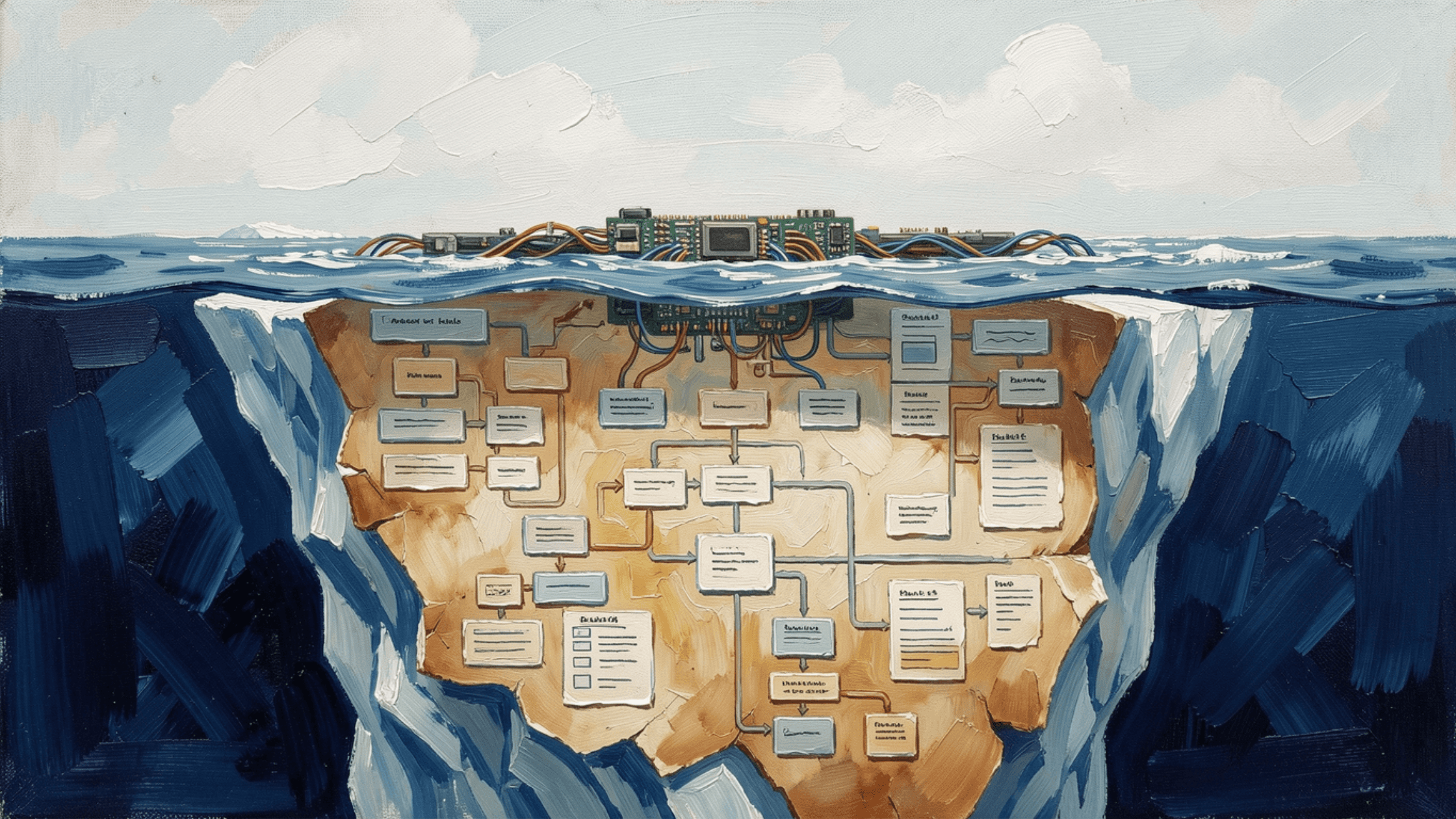
Saudi Arabia has never been shy about pursuing ambitious goals, but its push into artificial intelligence marks a decisive shift in how the kingdom sees its future. Framed under the broader umbrella of Saudi Arabia Vision 2030, the national AI roadmap represents not just an adoption of technology but a wholesale redefinition of economic models, infrastructure, and society. While energy has long been the kingdom’s dominant narrative, artificial intelligence is quickly becoming the new driver of innovation, competitiveness, and global influence.
Key insights
The national AI strategy embeds AI into cloud/HPC, data governance, and priority sectors to modernize public services.
Industrial testbeds at scale — NEOM and other Vision 2030 projects — convert AI into operational gains across energy, logistics, smart cities, and sustainable infrastructure.
Talent programs, cross-border partnerships via the Saudi Arabia AI Summit, and a fast-growing AI market aim for a multi-billion GDP boost by 2030.
From vision to action: The foundations of Saudi AI strategy
At the core lies the Saudi Arabia national AI strategy, designed to integrate artificial intelligence across all sectors of the economy. This plan sets the stage for transforming healthcare, education, energy, logistics, and public services by weaving AI into their operating systems. Unlike incremental reforms seen in other countries, the Saudi model envisions a rapid leap toward AI-powered ecosystems. By 2030, AI is expected to contribute tens of billions of dollars to the GDP, positioning the country as a global hub for technological leadership.
By embedding AI into national infrastructure, the kingdom hopes to reduce reliance on traditional revenue sources while building new, exportable capabilities.

Building blocks: Infrastructure and industry
The boldness of the Saudi AI strategy lies in its infrastructural commitments. Massive investments are flowing into cloud capacity, high-performance computing, and smart cities, most notably within Saudi Arabia Vision 2030 projects such as NEOM. These developments go beyond flashy urban concepts — they serve as testing grounds for AI-driven governance, transportation, and sustainable energy systems.
This emphasis on AI infrastructure ensures that the kingdom can attract global tech players while nurturing local talent and startups. The ambition is to create a robust environment where research, innovation, and commercialization coexist. In doing so, Saudi Arabia positions itself at the forefront of the AI industry, a market projected to grow exponentially in the Middle East.
Saudi Arabia AI summit: A global stage
Events such as the Saudi Arabia AI Summit have become more than symbolic gatherings. They are critical platforms for dialogue between policymakers, entrepreneurs, and scientists. By hosting thought leaders and showcasing real-world applications, the kingdom signals that it does not intend to merely import AI solutions, but to actively shape global standards.
The summit also underscores the government’s commitment to forging partnerships with AI companies in the Middle East and beyond, creating cross-border networks that reinforce Saudi Arabia’s standing as a regional powerhouse in technological innovation.
Programs, goals & the future of AI
Central to Saudi Arabia’s strategy are its AI program initiatives, which train specialists, encourage research, and develop regulatory frameworks. These programs feed into broader future AI goals, including advancing machine learning, robotics, and natural language processing applications that address uniquely regional challenges.
The Saudi Arabia AI vision is not confined to short-term wins; it stretches toward a horizon where the nation redefines how governance and commerce operate. Importantly, Saudi Arabia’s national AI strategy 2031 is already being discussed, ensuring that momentum does not stall at the end of this decade.
The market dynamics of AI in Saudi Arabia
The AI market in Saudi Arabia is expected to expand rapidly, fuelled by both domestic demand and international collaboration. With investments in startups, incubators, and joint ventures, the kingdom is fostering a vibrant ecosystem that bridges global expertise with local aspirations. AI is no longer a peripheral technology — it is the backbone of a new economic identity.
Crucially, this digital transformation, which emphasizes the adoption of emerging technologies across government services, finance, and urban planning, is reshaping the country’s future. Together, these initiatives promise to reshape not only business practices but also the very structure of daily life.
A brief note on AI agents
While the kingdom drives macro-level transformation, private-sector innovation also plays a role. Platforms like Beam AI, for example, are exploring AI technology in the form of AI Agents that automate workflows and decision-making. These solutions, though just a fraction of the overall landscape, demonstrate how enterprise AI can complement national strategies by enabling businesses to scale productivity and innovation. Beam’s agentic solutions are already applied across HR & recruitment, finance, insurance, healthcare, customer service, and many more industries, showing how diverse sectors can benefit from intelligent automation.
Why it’s more radical than you think
When a country treats AI as an infrastructure and industry policy, execution compounds. Procurement aligns with outcomes, datasets become assets, and compliance becomes a competitive advantage. That is the essence of Saudi vision 2030: capabilities embedded into the nation’s operational fabric. If you need the summary in one line, it’s this: build the rails first, run the trains faster, then open the network to innovators. The winners will be those who adapt their playbooks to how Saudi buys, builds, and governs AI — because that is where the future is being negotiated.





